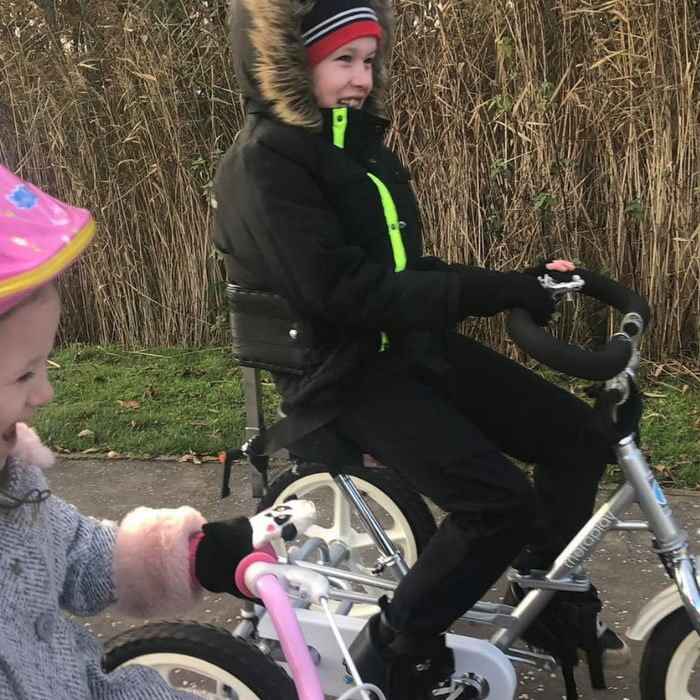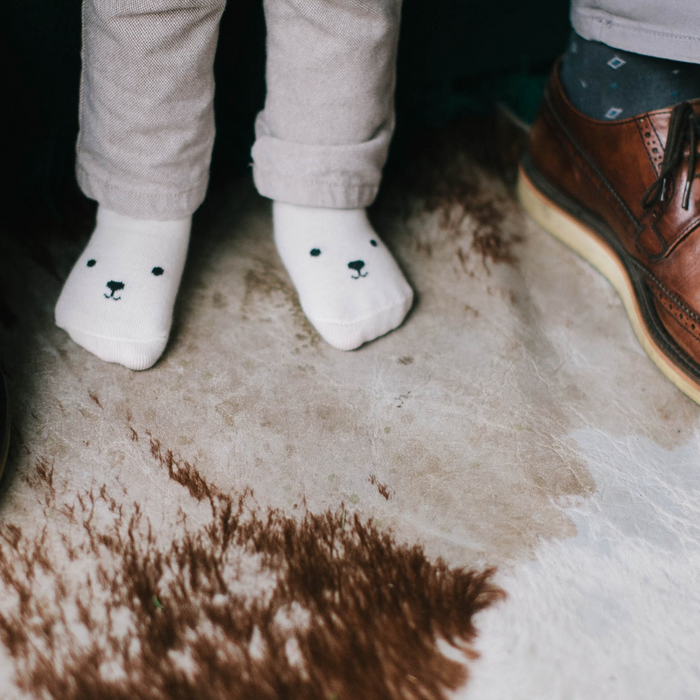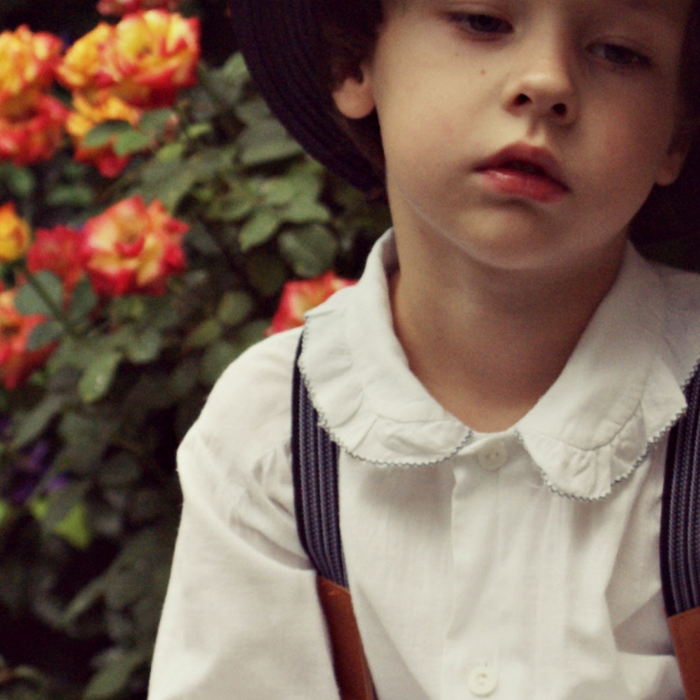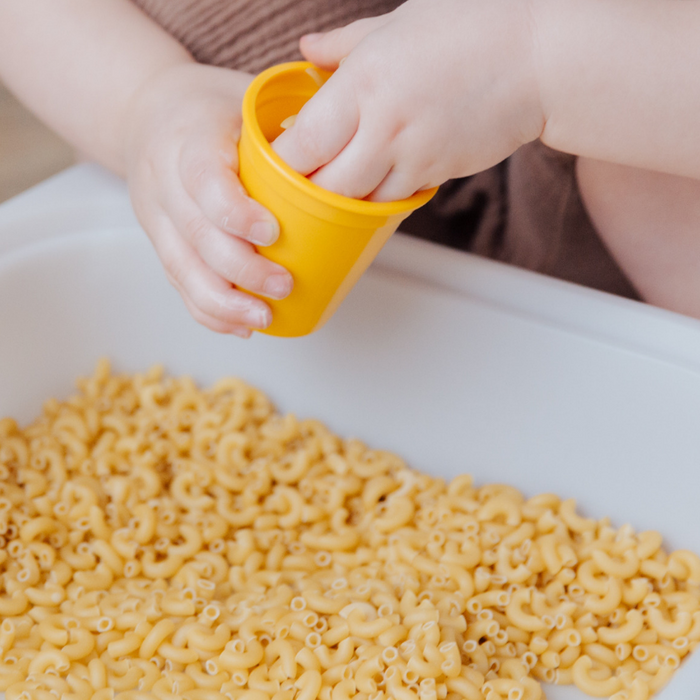
A guide to finding the right shoes for splints
If your child wears AFO splints or leg braces it can be really tricky to find a pair of shoes that fit well and comfortably. It’s an additional stress that no parent needs! In this blog SpecialKids Company will let you know the best shoes and school shoes to buy.
Read now






